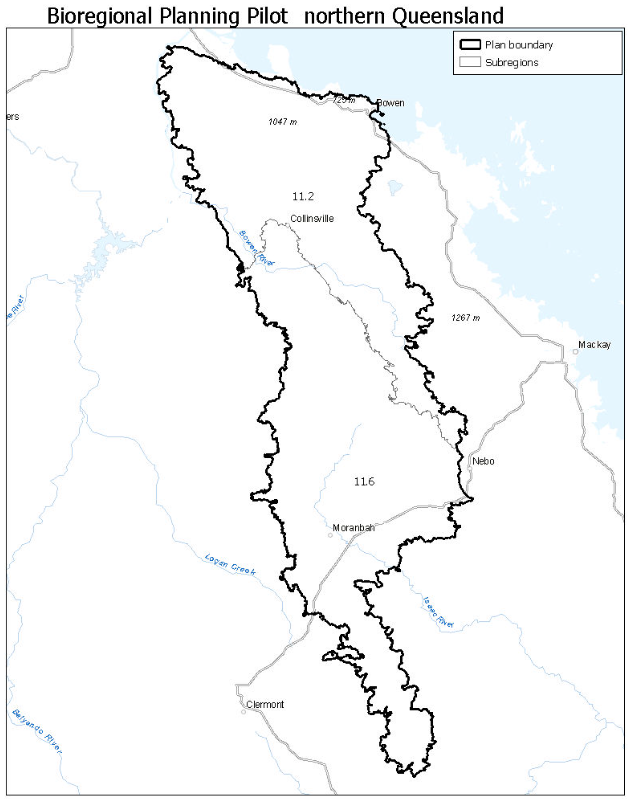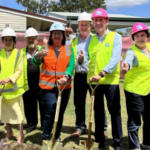What’s happening?
Regional conservation groups are warning that Queensland’s bioregional planning process must be built on independent science and stronger protections, or the state risks losing irreplaceable biodiversity and farmland.
The Mackay Conservation Group, alongside the Darling Downs Environment Council (DDEC), Gecko Environment Council (Gold Coast), and Capricorn Conservation Council, has raised concerns following a Department of Environment, Tourism, Science and Innovation (DETSI) briefing last week on pilot plans for regional development and conservation.
The Queensland Government is piloting bioregional planning to balance conservation, agriculture, and renewable energy projects. The Collinsville Wind Farm area in the Mackay region is one of the pilot sites.
The process is designed to create “go” and “no-go” zones for development, but conservation groups say the mapping is built on incomplete data, much of it produced by industry consultants.
Why it matters
Mackay Conservation Group Coordinator Emma Barrett said Queensland cannot afford to let development interests drive the process.
“Our country has one of the highest rates of biodiversity loss in the world. Queensland’s unique animals and natural places need protection with stronger laws. These pilot programs will identify places of high-biodiversity, but it will be a missed opportunity if we don’t protect those areas with legislation and ‘no-go’ zones. This current setup would only require the Federal Environment Minister to take the planning into consideration.”
Local impact
The Collinsville Wind Farm pilot area sits within the Mackay region, where the balance between renewable energy growth and biodiversity protection is already a pressing issue. Community groups are concerned that without new, independent ecological surveys, local habitats could be placed at risk.
By the numbers
-
Australia has one of the highest biodiversity loss rates globally, with Queensland a hotspot.
-
The Mackay region includes the Collinsville Wind Farm bioregional planning pilot area, directly impacting local conservation.
-
DETSI has admitted it is undertaking no new ecological surveys, relying on existing and industry-supplied data.
Zoom in
Conservationists argue that ecological data should not come from consultants hired by developers. DDEC Coordinator Ahri Tallon said, “If we want credible planning, the data can’t be coming from consultants paid by the developers. We’re calling on the State Government to manage these ecological assessments independently, by taking funds from industry and commissioning consultants at arm’s length. That’s how you ensure the data has integrity.”
Zoom out
Queensland’s bioregional planning is central to meeting renewable energy and infrastructure goals while protecting ecosystems and farmland. Conservationists say it must be science-led and community-informed, not driven by fossil fuel and energy developers.
What to look for next
Environmental groups want the government to commit funding for independent ecological surveys and to legislate stronger protections, including enforceable “no-go” zones, to ensure that pilot plans translate into real conservation outcomes.



